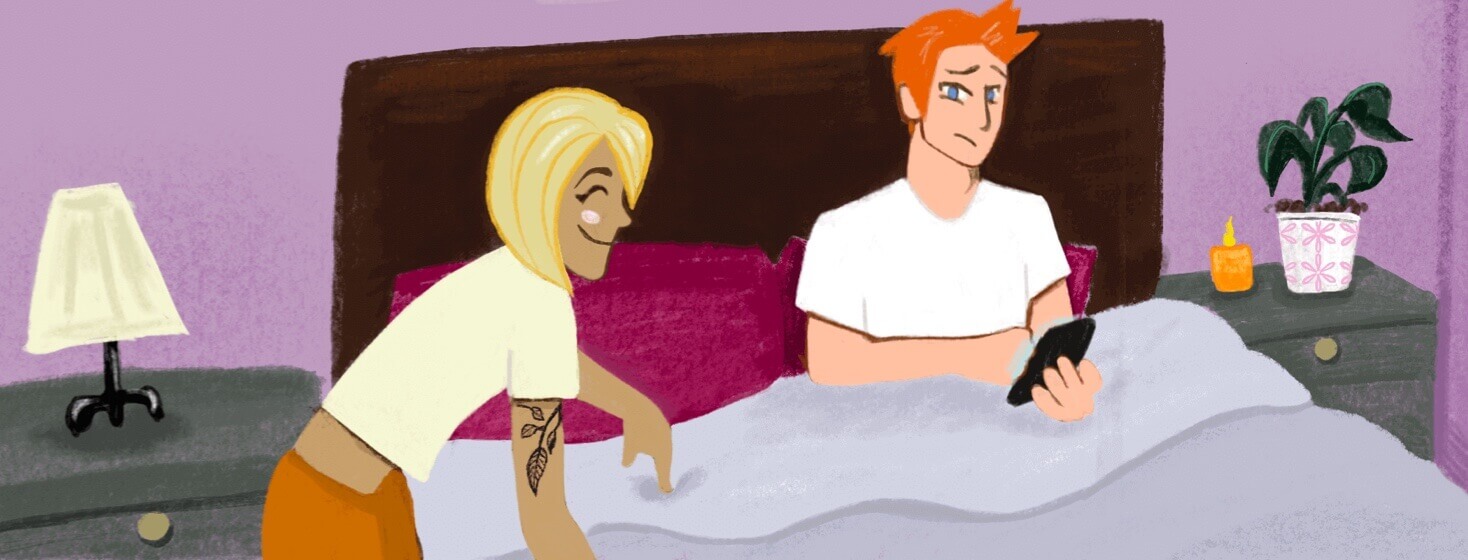Do You Sleep on the Flip Side?
Do you have a favorite side? Does it make your insomnia worse to sleep on another side?
Some people have a favorite side to the bed, and this side of the bed is part of the 'contextual cues' that help them associate the bed space with sleep. Even the best sleepers can have a favorite side – and if they aren't on that side, it can make them restless!
Do you have a 'side of the bed' preference?
My partner is a really solid sleeper. Thankfully I no longer have insomnia and sleep quite well too. However, we both have a very strong side preference, and even when the other one is not at home, we sleep on our respective sides.
We did an experiment once – we changed sides.
These 2 good sleepers couldn't sleep well!
We tossed and turned all night until we gave up and went to 'our side' and promptly fell asleep.
Do you have a 'near the door' preference?
Sometimes life throws us curveballs too. It turns out that even stronger than his side preference; he has a 'near the door' preference. When we are in a hotel, if his 'side' is not near the door, he swaps sides with me – otherwise, he can't sleep.
He might make it out to be 'protecting from intruders,' but it may also be that it's the side nearest the escape route!
Do you have 'negative bed associations'?
When I had insomnia, I had such a strong bed association that I could sleep just about anywhere else but there. I slept marginally better if I was on the 'wrong' side of the bed.
This kind of association is very common – people can sleep better on their sofas because they are exhausted from not sleeping in their beds (because they have a negative association with the bed and not the sofa, so sleep comes). Some people sleep better when they go on vacation – which might be the holiday effect or the different bed. But when they are in the same city, going to work and doing the same things, they still sleep better in someone else's bed.
Have you tried behavioral sleep medicine?
One of the most powerful techniques in behavioral sleep medicine helps people with these associations so they can re-learn to sleep in their bed.
Many people think of this technique as the 'getting out of bed 10 times a night' approach. The technique doesn't always entail getting out of bed repeatedly, though it can be more effective for some - but it is fundamentally about associating new, more positive, and more restful feelings with the sleeping space. The aim is to remove the negative feelings from the bed, and from being awake at night in general.
What have you done to improve your feelings toward your bed and indeed toward being awake in the night? Have you found it helpful? We'd love to hear all about it!

Join the conversation